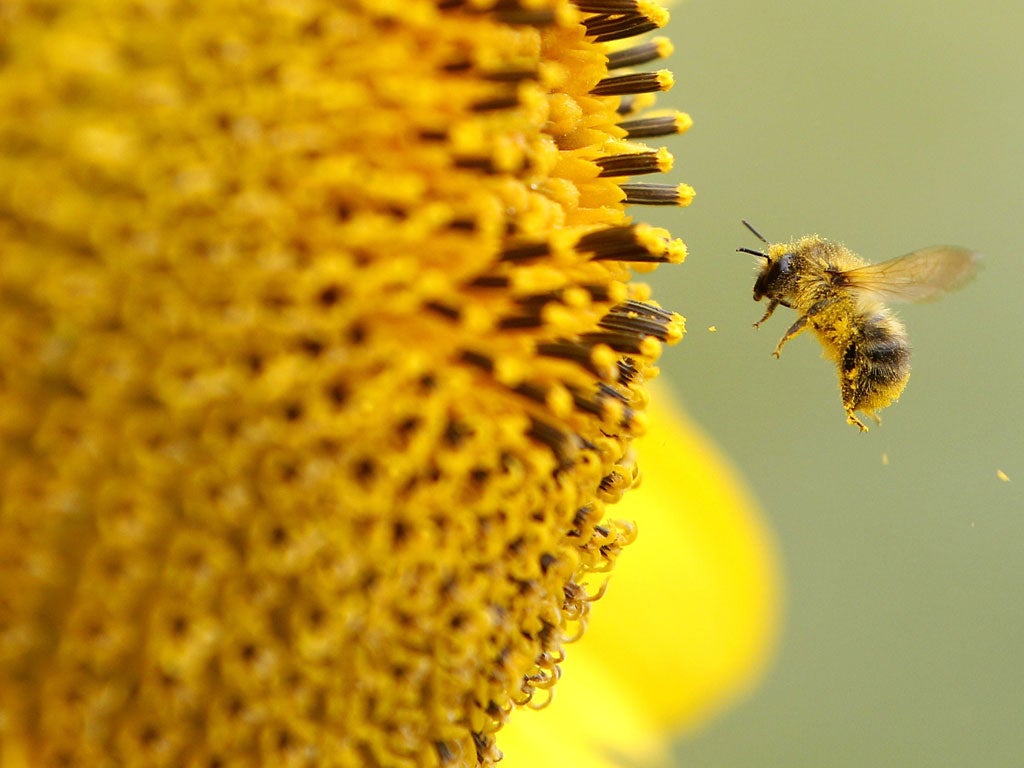The French beekeepers and the mystery of the blue honey

Beekeepers in northeastern France are all abuzz after their bees started producing blue honey.
Since August beekeepers in the town of Ribeauville have witnessed their bees returning to the cluster of apiaries carrying unusually colorful substances - which turned their honey into unnatural colours.
But now the mystery has been solved.
It appears the enterprising bees have been eating the waste from a nearby biogas plant that has been processing the waste produced in the making of M&Ms.
Mars operates a chocolate factory near Strasbourg, around 100 km (62 miles) away from the affected apiaries.
The discovery was made after the beekeepers became determined to find the source of the blue honey.
The biogas plant has been processing waste from a plant run by the Mars company that makes the brightly coloured M&M chocolates.
The operator of the plant, Agrivalor, told the BBC: We discovered the problem at the same time [the beekeepers] did. We quickly put in place a procedure to stop it.“
The company subsequently published a statement in the French paper Le Monde saying it would store all waste from the Mars factory in airtight containers, and process it promptly.
The honey, which is unsellable, is likely to produce more problems for the beekeepers following a harsh winter and the continually rising bee mortality rates.
Bee numbers have been in steady decline of late and the government in France has banned one pesticide linked to the high mortality rates.
There are around 2,400 beekeepers in the Alsace region, who reportedly tend to some 35,000 colonies and produce around 1,000 tonnes of honey a year.
France is one of the largest producers of honey in Europe, producing some 18,330 tonnes annually.
Join our commenting forum
Join thought-provoking conversations, follow other Independent readers and see their replies
Comments
Bookmark popover
Removed from bookmarks